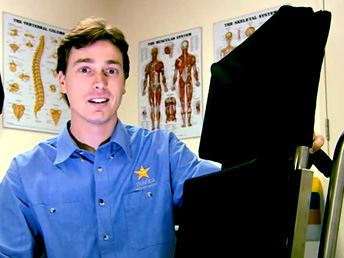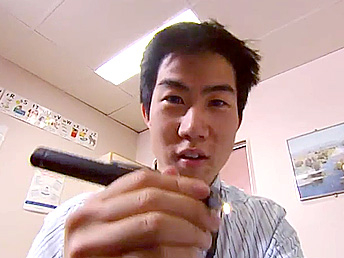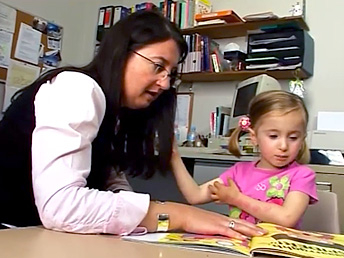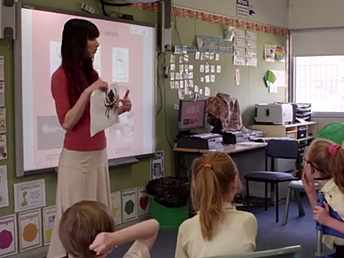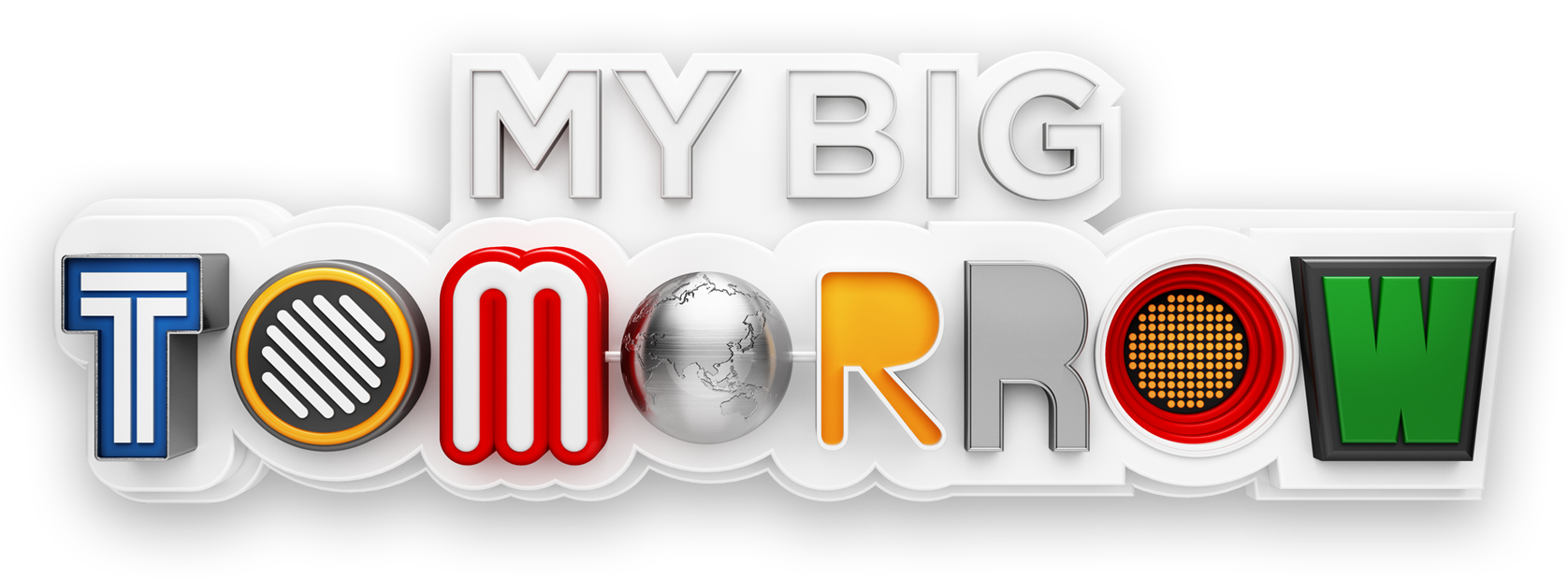
Occupational Therapist
As an occupational therapist you will be helping people to overcome limitations caused by injury or disability. You will help individuals regain their abilities through therapy to live a fulfilling life.
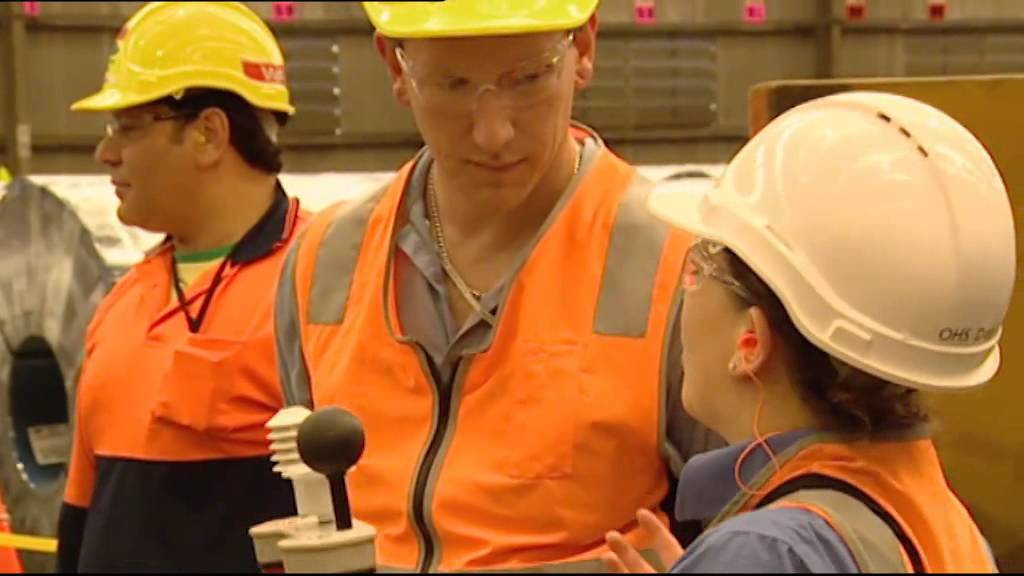

What the job looks like
Salary expectation
starts at $45,000 up to $80,000

The good
- Building up a relationship with patients
- Seeing patients progress
- Helping others
- Giving people their independence back
- Each day is different
The not so good
- Sometimes progress can be slow
- The job might be sad at times depending on patient circumstances
You might be working with patients that have some form of a disabling condition. This could include neurological conditions such as brain tumours, stroke damage, multiple sclerosis and Parkinson’s disease or some form of social or mental impairment.
You will develop exercise programs with patients to work up physical strength in their problem areas, such as relearning to open and shut their hand. Travelling to see a patient at their home is common and you might work at a hospital, community centre, insurance company or school.
Good math skills are important to be able to compile data and track progress with your patients. Basic calculations will help with working out time management skills to assist with appointments.
Good English skills are required to write accurate and eligible patient notes or programs. You will also need to have an understanding of medical terminology and conditions.
Occupational therapy can be a rewarding career for those with an interest in helping people. You will need to be patient, understanding and be able to communicate well with others.
I really enjoy the relationship that I get to build with my patients and helping them cope with huge changes in their life.
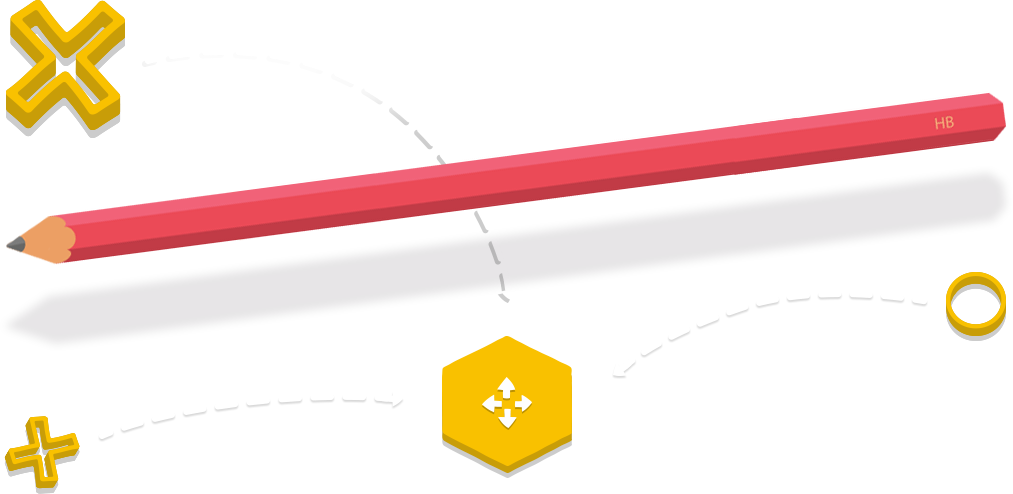
Pathways to this career
Subject suggestions for the HSC
Choosing your HSC subjects from this list could really help with your career. Think carefully about what you want to study after school as you might need to choose specific HSC subjects for that course and to count towards your ATAR (Australian Tertiary Admission Rank). An ATAR is your academic rank in relation to other HSC students and helps with University admission.
HSC subjects
Some subjects will count towards your ATAR, others will not. Check with your career advisor before making subject selections.
- English (Advanced or higher)
- Mathematics (General 2 or higher)
- Biology
- Community and Family Studies
- PDHPE
What can I do after I have finished school?
University degrees
Studying one of these degrees can help with your career.
- Bachelor of Occupational Therapy
Courses and qualifications
Courses and qualifications can give you a great start.
- Disability – Certificate III
Suggestions
Check out Occupational Therapy Australia for more information
- Get some work experience with an occupational therapist or volunteer with a community group to gain experience helping others with a disability
- Watch documentaries and do some of your own research for more of an insight into occupational therapy
- Go to career expos and events like university Open Days for information about what you will study
